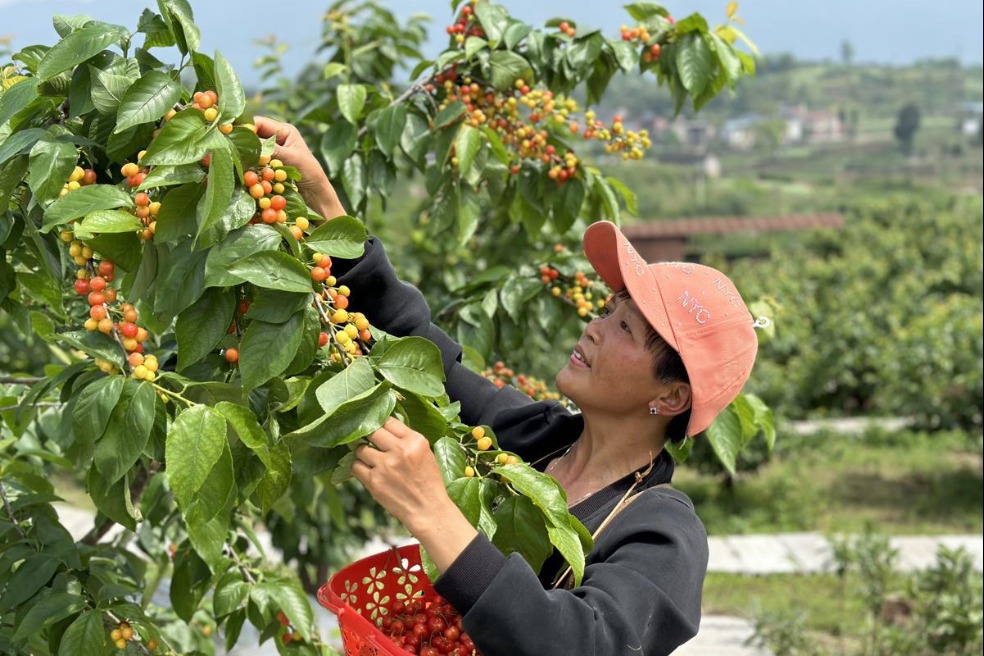Human rights improve in Xinjiang, experts say

GENEVA - Human rights are seeing rapid improvement in the Xinjiang Uygur autonomous region, according to experts at a United Nations meeting in Geneva, Switzerland.
A side-event on developments in Xinjiang at the 38th session of the UN Human Rights Council was sponsored by the China Society for Human Rights Studies and is the first of its kind. Some 60 representatives from government, international groups and nongovernmental organizations, along with experts, scholars and reporters, took part in the event on Monday.
Gao Jianlong, president of the Xinjiang Academy of Social Sciences, said that through continuous efforts, Xinjiang has implemented targeted and effective measures to alleviate poverty, thus safeguarding people's rights to subsistence and development.
From 2012 to 2017, a total of 1.39 million people in Xinjiang were lifted out of poverty, he said. Since 2017, for the first time, Xinjiang has had an information database for all its residents, laying a solid foundation for further efforts to eradicate poverty.
Zuliyati Simayi, deputy dean of the College of Politics and Public Administration of Xinjiang University, said that before the establishment of the Xinjiang Uygur autonomous region, women from ethnic minority groups had little access to education.
Now, well-educated women comprise 40.4 percent of employees in the nonprivate sector in Xinjiang's urban areas, and the proportion in the education and health industries is even higher, she added.
Women in Xinjiang have become an important force for social development through education, she said.
De Quanying, dean of the School of Law of the Xinjiang University of Finance and Economics, said that since ancient times, Xinjiang has been a region with ethnic groups living in harmony. Under the principle of safeguarding national unification, people of all ethnic groups in Xinjiang are fully exercising their right to autonomy.
Aili Wufu Er, director of the Institute of Ethnic Cultures of the Xinjiang Academy of Social Sciences, said that Xinjiang is a multilingual and multicultural region where ethnic minorities' spoken and written languages are extensively used and traditional cultures and relics are well-preserved.
Shu Hongshui, deputy dean of the School of Anti-Terrorism Law at the Northwest University of Political Science and Law, said that China's fight against violence and terrorism is to safeguard national security, public security and regional stability.
China has also strengthened international counterterrorism cooperation, which contributes to regional stability and promotes development of human rights in a number of countries, Shu said.
Zhao Shukun, a professor at the Human Rights Research Institute at Southwest University of Political Science and Law, said that as of the end of 2016, with 60.3 hospital beds and 21.2 doctors serving every 10,000 local people, Xinjiang's medical service capacity was above the national average.
In September 2016, Xinjiang launched a medical care program to provide free annual physical examinations for all residents, she added.
Xinhua
- Eight dead after minibus collision
- Chinese PLA navy to celebrate 75th founding anniversary with series of events
- Student detained on suspicion of the death of his roommate
- Smart teaching system launched for international Chinese learning
- Shanghai prepares to open parks 24 hours a day
- Action taken over Chongqing Gas Group overcharging



































